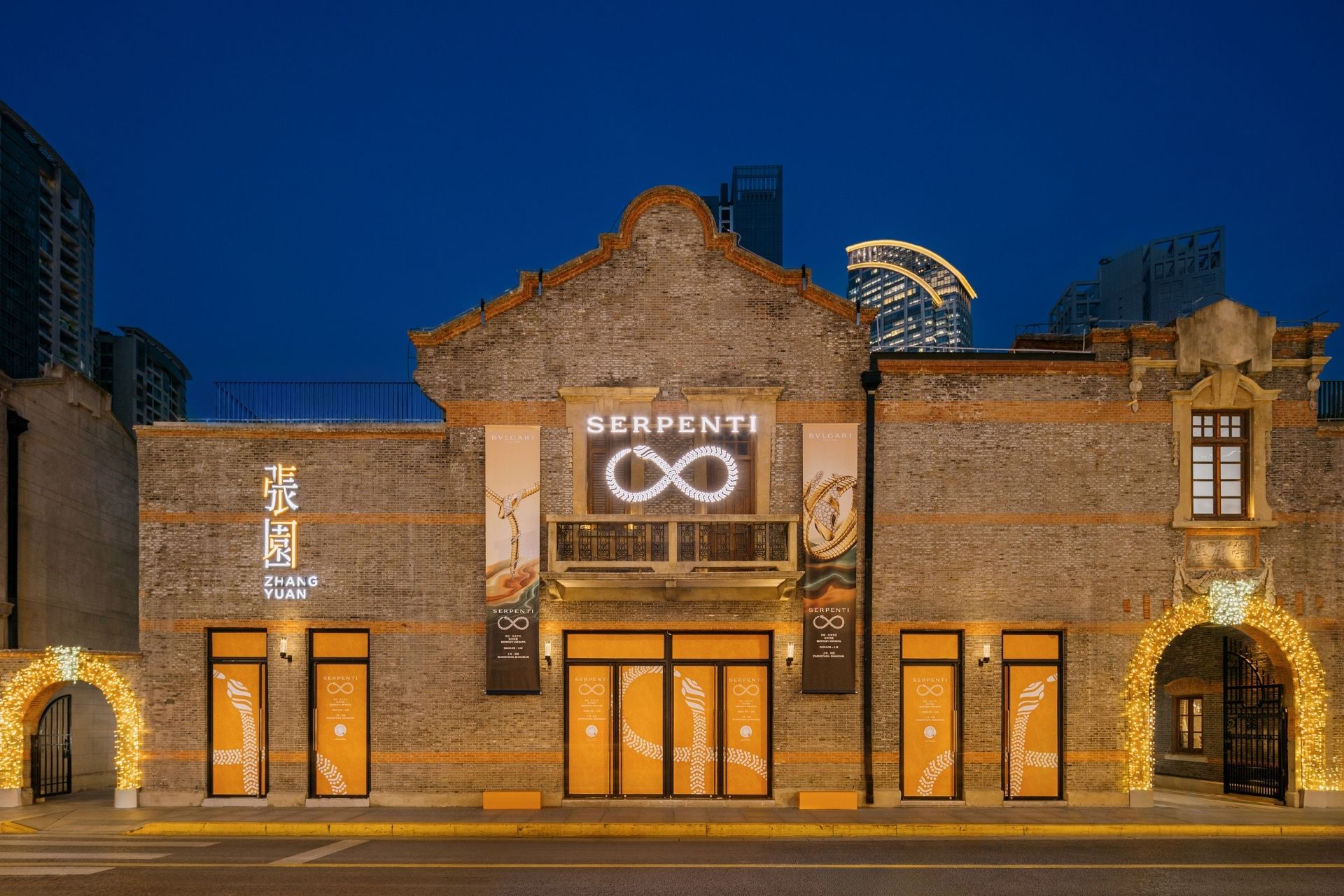
Search is a critical marketing channel to help build brands, but should companies continue to bid on their own branded terms, even if they are appearing organically? Benjamin Dubuc, Head of Search and Performance Media at DLG, explains.
One of the biggest questions surrounding search marketing is whether brands should spend money bidding on their own branded terms. What is meant by this, is whether companies should pay money to appear at the top of an internet search when a person searches for their brand, or whether they should rely instead on organic traffic to boost their ranking on search engines.
The importance of this issue within search marketing is a long-standing one, particularly as it has become a hotly debated topic over the years between those championing Search Engine Optimisation (SEO) experts and those advocating for Search Engine Advertising (SEA).
Ask one expert, and they would tell you to stop bidding on branded search. Ask another, and you’d be told that it would be a huge mistake to stop. What is clear on either side is that search rankings are a critical method in marketing to help build authority and capture market share online.
To look at this issue, and hopefully shed some light on this debate, I wanted to look at the top five points that brands should consider and share some tips on how to execute your branded Pay Per Click campaigns.
Channel-focused approaches are outdated
Firstly, while marketers having been talking about omni-channel marketing for the last ten years, many still have a channel-centric approach to marketing. The same applies to Paid and Organic search.
Channel-centric approaches have created silos over the years as people in charge of paid and organic often have different Key Performance Indicators (KPI) and tend to take a short-sighted view.
Take a customer-centric approach
Instead of taking a channel-based approach, it’s time to take a customer-centric approach.
The best thing you could do is to align your team on a common set of KPIs, preferably: business outcomes like revenue and profits, and avoiding outdated media KPIs like reach and clicks. Get them to focus on “who is searching,” “what is their value,”, “what do they search,” “what should we tell them.” Talk about Search rather than SEO and SEA.
Great search is audience-led
Behind every search, there is a customer and each customer is unique. Each of these customers are different and some will be more valuable than others to your company.
Brands need to stop asking whether they should bid on a keyword and instead think about the value of each customer.

Image courtesy: DLG.
Fighting for share of clicks is not a good use of money
Today, technology allows us to segment our audience and even predict the value of each customer. This enables marketers to determine if we have to bid when they search for specific keywords, and with which specific message to serve.
My advice? Take advantage of it and bid only when necessary.
If you have identified that one of your really valuable customers is searching for your brand term, why would you serve the same message to someone who is not a customer? Why wouldn’t you take this opportunity to communicate a specific message? It’s a great occasion to upsell, cross-sell, or just retain this customer.
Also, I recommend not to spend more than 10 to 20 percent of your Paid Search budget on your branded keywords as you will be capping your business growth.
Stop bidding on people who will never be your customers
This is especially important for the luxury industry, where most traffic tends to come from people that are just dreaming about products. Try to identify the dreamers and suppress them from your bidding strategy. Leave them to your competitors.

Image courtesy: DLG.
Top Reasons To Bid on Branded Searches for Luxury Brands
1. Protect your brand
You have spent years building your brand. When people are looking for you, you don’t want them to end up on a third-party website where they could be exposed to a potential bad experience.
2. Improve your margins
If you are an e-commerce enabled business, it’s more likely that selling directly from your website will get you more profits than if consumers buy your product through a third-party retailer.
Leveraging Google Marketing Platform to bid on branded keywords based on potential consumers value and their probability to convert is a great opportunity.
Sands China, a luxury hotel chain, used this technique to increase direct bookings and avoid giving commission to travel websites such as Booking.com and Hotels.com. They managed to increase their direct bookings by two times.
3. Build audience to enhance storytelling
When people visit your website, it allows you to build a first-party audience that will allow new opportunities to tell a story. Indeed, with today's technology, we are now able to re-target people based on their behaviour and interests of when they visited your site.
Building these advanced first-party audiences will allow you to make smart media buying wherever your customer goes next. It’s the best opportunity you have to keep the conversation going with a potential customer and try to make it move from one step to the funnel to another.
4. Deliver a personalised message to specific audiences
There is one thing you can do with Paid search ads that you can’t do through organic and that's he possibility to deliver messages tailored to the audiences (as we previously talked about.) In that way, if one of your customers is searching for your brand, you can deliver a specific message that will differ from the one you will broadcast to others. It’s a great cross-sell opportunity.
5. Keep bidding on branded terms, but bid smartly
Remember, not every customer is worth the same. Using first party data and machine learning, we can today predict the value of each customer. If another brand is attacking your branded terms, retaliate with an audience-led bidding strategy. In that way, we can make sure our advertising dollars are spent on the audience that matters to you.
Whether it’s to protect your brand, improve your margins, drive e-commerce sales, or build an audience pool, there are plenty of reasons to keep bid on branded terms, and as a Search Marketer, I highly recommend you to do so, if your website is e-commerce enabled.
Cover image credit: Unsplash.









